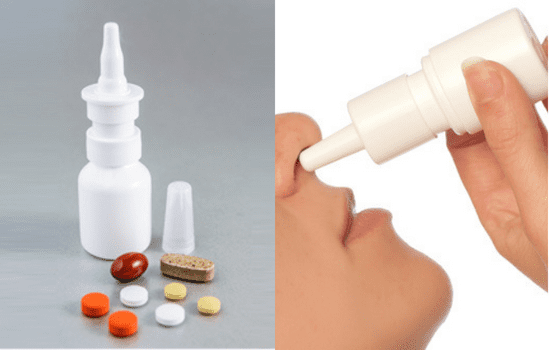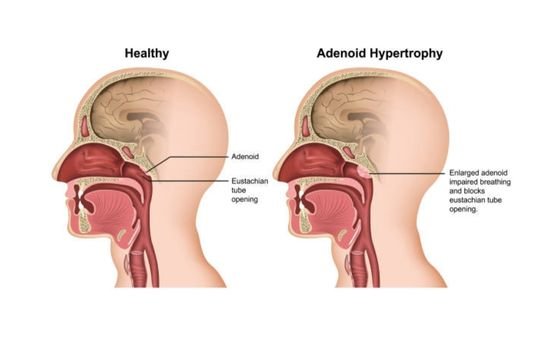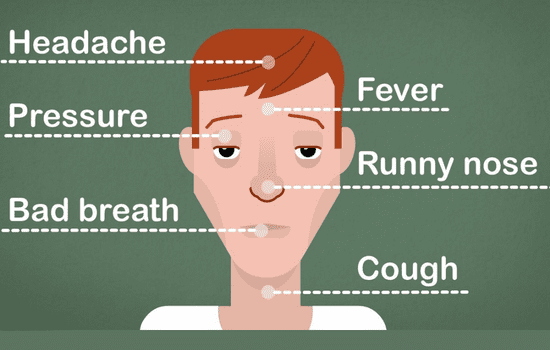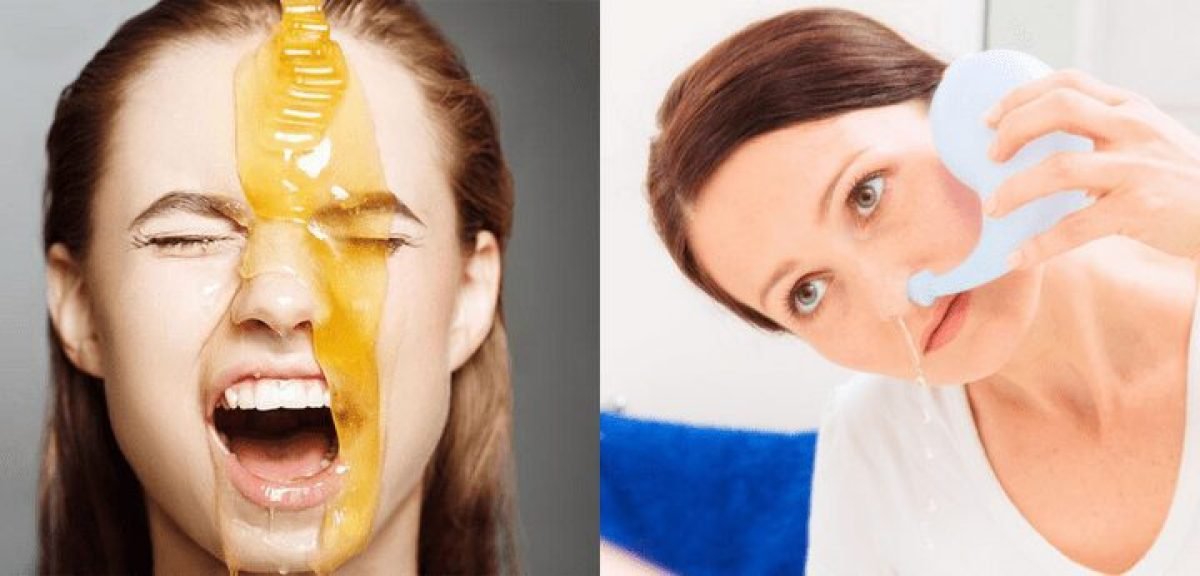Sinusitis is quite frequent. However, a lot of those who have it employ treatments that are unlikely to be effective. So be sure you understand how to treat this issue before rushing to the pharmacy.
Small spaces in the skull called sinuses typically contain air. They produce mucus, which aids in keeping allergens and pollutants out of the nasal passages.
The tissue that lines these cavities becomes inflamed when someone has sinusitis. Sometimes, this swelling closes off the sinuses, causing mucus and air to become trapped there. Pressure and pain may result from this. It can occasionally result in a bacterial infection.
Medicine and Treatment of Sinus

Understanding the cause is crucial. Decongestants alone, for instance, generally won’t do much good if your sinusitis is brought on by allergies. Consult your doctor if you have symptoms for more than 10 days. A thorough examination and occasionally imaging tests like X-rays, CT scans, or MRIs may be able to identify the medical illness.
The best sinusitis therapy usually involves combining many methods, most frequently medicine and self-care.
1. Antibiotics
Antibiotics may be recommended by your doctor if they believe a bacterial infection is to blame. They are commonly taken for 10 to 14 days while treating acute sinusitis. It can take longer if you have chronic sinusitis.
Only bacterial illnesses respond to antibiotic treatment. If viruses or other issues are the cause of your sinusitis, they won’t help.
2. Painkiller
In order to reduce discomfort, many people with sinusitis take over-the-counter (OTC) pain relievers such as ibuprofen or acetaminophen. Don’t take these for longer than 10 days, as directed on the label.
3. Decongestants
These drugs reduce nasal mucus production. A few are offered as nasal sprays. Decongestant nasal sprays may actually make you more congested if used for longer than three days. Observe the directions on the packaging.
4. Allergy medicines
Many sinusitis cases are caused by uncontrolled allergies. If you’ve never been diagnosed with allergies, it might be worth getting tested to see if you do. If you do, medication (such as antihistamines) and avoiding your triggers will be beneficial. Another option is to get allergy shots, which are a long-term treatment that gradually reduces your sensitivity to the triggers of your symptoms.
5. Steroids
In some cases, your doctor may prescribe inhaled steroids to treat sinus membrane swelling. In severe cases of chronic sinusitis, oral steroids may be required.
6. Surgery
If you have chronic sinusitis or acute sinusitis that keeps recurring, an operation may be the best option. The surgeon can remove blockages and enlarge the sinus passages, allowing them to drain more easily.
Also Read: Breast Infection (Mastitis) : Home Remedies
Home Remedies for Sinus

While medications can help, many cases of sinusitis resolve on their own without medical intervention. Many of the same approaches will help you prevent the condition if you get it frequently.
- Humidify- In rooms where you spend a lot of time, use a humidifier. Follow the cleaning instructions on a regular basis.
- Steam Vapours- You can either take a shower and sit in the bathroom, or you can inhale steam from a bowl of warm (but not too hot) water. The vapours of steam help to clear congested and swollen nasal passages.
- Warm Heat- Apply a warm, moist towel to your face. It can assist in relieving some of the stress.
- Nasal Saline Solution- While they do not contain medicine (saline is simply salt water), they can assist in keeping your nasal passages moist.
- Flush out Sinuses- Nasal irrigation with salt water can help clear mucus (and other debris) from your sinuses while also keeping them moist. Bulb syringes and neti pots can be used. To make the irrigation solution, combine distilled, sterile, or previously boiled water. After each use, rinse the device thoroughly and allow it to air dry.
- Consume a lot of Liquid substance- They will help thin the mucus, thereby reducing sinus blockage. Reduce your intake of alcohol, which aggravates swelling.
- Rest- Take it easier than usual if you have a sinus infection. Allow your body to rest and recover by getting plenty of sleep.
Some people may benefit from home treatments. However, if you’ve had sinus symptoms for more than a few days or if they’re severe, consult your doctor. The sooner you begin the proper treatment, the sooner you will feel better.
Causes of Sinus
Sinusitis is caused by a virus, bacteria, or fungus that causes the sinuses to swell and become blocked. Here are a few specific examples of causes:
- The normal cold.
- Mold allergies, as well as nasal and seasonal allergies
- Polyps (growths).
- A septum deviated. The septum is the cartilage line that separates your nose from your mouth. A deviated septum is one that is not straight, causing it to be closer to the nasal passage on one side of your nose, resulting in a blockage.
- a compromised immune system brought on by a disease or medicine.
Infants and young children may be more susceptible to sinusitis if they spend time in daycares, use pacifiers, or drink from bottles while lying down.
Adult smokers have a higher risk of developing sinus infections. You should stop smoking if you do. Smoking is harmful to both you and those around you.
Also Read: Home Remedies For Loose Motion
Symptoms of Sinus

The signs of sinusitis may match those of the common cold. The following are the primary indicators of viral sinusitis:
- facial discomfort or pressure
- infected discharge from the nose
- congestion in the nose
These symptoms last at least 10 days without improving in cases of acute bacterial sinus infections, or they worsen within 10 days after appearing to improve. In this case, it is critical to consult with a doctor, such as a general practitioner or an ear, nose, and throat (ENT) specialist, to obtain a diagnosis and treatment plan.
Conclusion
Sinus infections can cause a variety of symptoms, including toothaches, particularly in the upper back teeth. Despite the discomfort, both issues are relatively simple to resolve. Your tooth pain should go away once you treat your sinus infection.
Symptoms typically go better or go away in a week or two. If your sinus congestion or infection continues after treatment, or if any of your symptoms worsen, consult your doctor.




